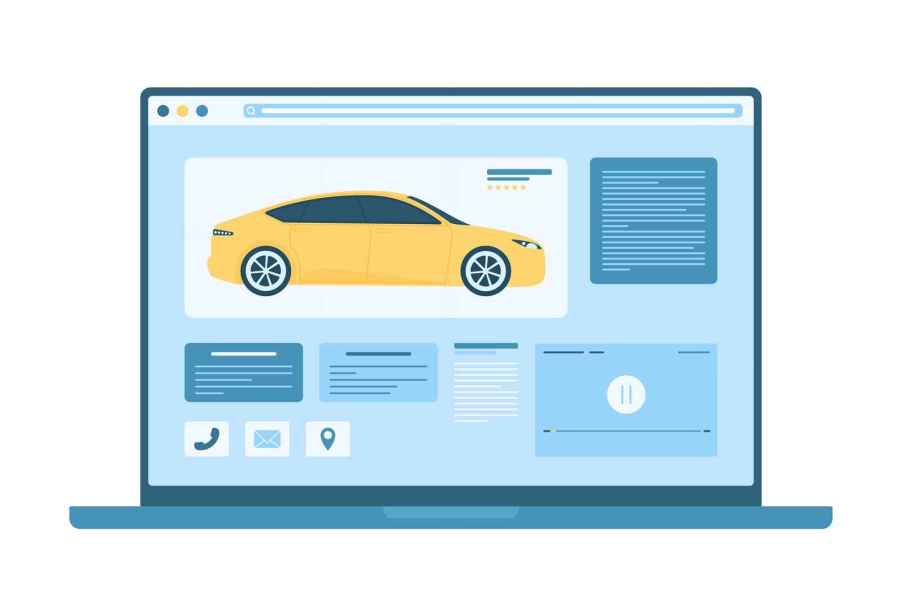
Watch out for used car scams on Facebook Marketplace
As a licensed car salesperson with a fickle edge when it comes to deciding what to personally drive (I change my mind a lot, tee hee), I’ve shopped for and sold many cars using Facebook Marketplace. I started with Craigslist some 20 years back and eventually added Facebook to my sales checklist. At the shop, I turned vehicles on the lot much faster if Facebook was involved. After all these years, I’ve spotted a couple of commonly used car scams that everyone should watch out for.
Listing a vehicle that’s not actually for sale
This should go without saying, but pretend I’m holding a megaphone here for a second: Never, ever agree to send money or banking information via Facebook Marketplace regarding a car for sale.
There is literally no situation in which you need to provide funds or personal information before you’re ready to sign a sales agreement, handle the title, and drive away with the vehicle.
A common scam lists a gem—a popular model, a pristine vintage jewel, or a trendy camper—for a “too good to be true” price. If it seems like a steal, it’s probably the opposite.
Here’s how to avoid this scam:
- Know your target model’s market and accept its fair price range.
- Ask to see and test drive the vehicle.
- Consider a highly populated meeting place, like a large store parking lot.
- Again, never, ever send money or personal information over Facebook Marketplace.
If the listing is a scam, you’ll soon find out that you won’t ever get to see the vehicle because it doesn’t exist.
Lying about the car in the listing
The other common Facebook Marketplace scam involves either providing incorrect information about the car’s condition or withholding certain information that would make the vehicle difficult to sell as-is. In this scam, the seller attempts to offload a vehicle for much more than it’s worth.
For instance, someone may say a used vehicle has a clean title when it’s, in fact, been in a serious accident and has a rebuilt salvage title—or worse, a salvage title. Salvage-titled vehicles are not road-legal. They must be repaired or rebuilt, inspected, and retitled as such in order to be driven legally. Moreover, a salvage title must be disclosed in writing to any buyer ahead of a purchase.
Another “fib” might be that the listing states the car has 100,000 miles when it actually has 175,000. A third example is asserting the vehicle starts and runs, but when you arrive to test drive it, it doesn’t start. Or, it starts but runs like a sick lawn mower.
Here’s how to avoid this scam:
- Ask for the VIN and run it (CarFax or local county DMV). Check for the title status and last stated mileage.
- Ask questions about its recent service history. The seller should be familiar with the car and transparent about its condition.
- Ask if you can have a reputable mechanic inspect it.
- During the test drive (if you get that far), pay attention to strange sounds, smells, and feels.
As a rule of thumb, always test drive used cars, run the VIN so you understand the history and status, and bring it to a reputable mechanic for a neutral party pre-purchase inspection. Note that I said PRE-purchase inspection. Too many times, customers brought in a car they already paid for only to be faced with a mountain of recommended repairs and maintenance.
If something seems suspicious about a car on Facebook Marketplace, move on. Don’t engage with or lean into the scammer. If you aren’t having any luck on Facebook Marketplace, expand your used car search and be patient. Check other platforms and local dealerships. If you’re willing to travel, look outside your immediate zone. You’ll eventually find the right car for the right price.



